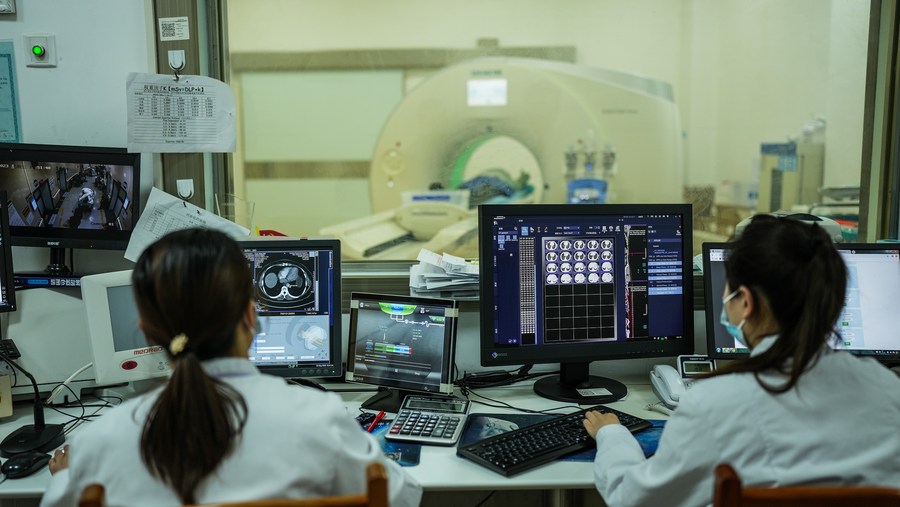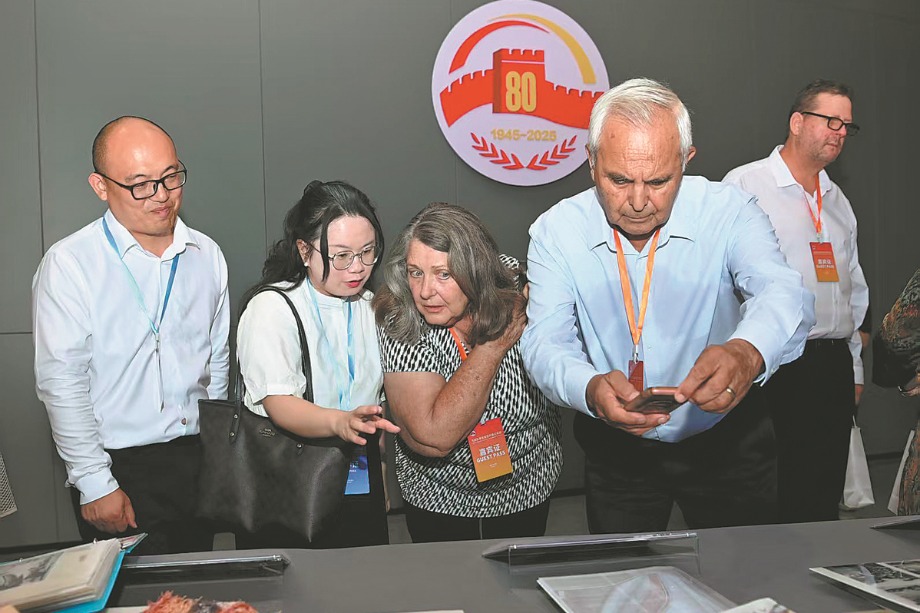Chinese scientists propose new way for tumor targeting


BEIJING -- Scientists from China have developed a method for constructing sequence-controlled glycooligomers that enhances the tumor targeting efficiency.
The study was published on Friday in the journal Cell Reports Physical Science by researchers from Shenzhen Institute of Advanced Technology (SIAT) under the Chinese Academy of Sciences, Henan University and other institutes.
According to the study, cancers of diverse origins exhibit more rapid and greater carbohydrate uptake and consumption compared to healthy cells. This is primarily due to factors like the Warburg effect and the high expression of glucose transporters on the surface of cancer cells, making carbohydrate efficient tools for targeting cancer. Therefore, focusing on carbohydrates offers a viable approach for selective treatment and diagnosis of cancer.
The researchers have found the synthesized glycooligomers feature affinity for binding with glucose transporters and demonstrate selective uptake by cancer cells, showing effective tumor-targeting abilities in vivo.
According to the study, the uptake of the synthesized glycooligomers by cancerous cells is found to be significantly higher than that in most healthy cells.
The study then further explored the tumor-targeting potential of the glycooligomers with optimized sequences.
"The method of constructing glycooligomers holds significant promise for biomedical uses, including precise cancer detection and treatment," said Geng Jin, a researcher at SIAT.
- Chinese study reveals how single cells develop into whole plants
- PKU vice-president under probe for violations of Party disciplines and laws
- Giant floral basket, displays to decorate National Day
- China issues first standard for medical devices based on BCI technology
- Hong Kong to further accelerate development of Northern Metropolis
- China honors outstanding contributors to care of next generations





































